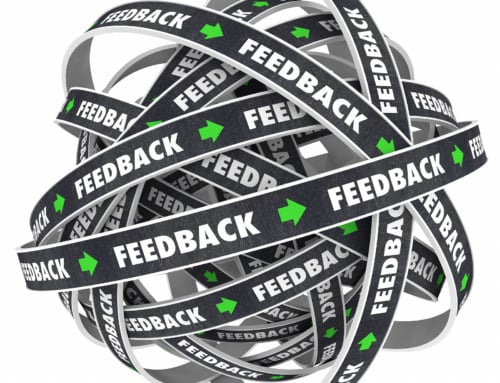You wouldn’t visit a tailor and request a custom-made suit without providing measurements, would you? So why would you approach an agency in search of better lead generation without sharing data?
In short, you wouldn’t.
Yet this happens all the time—to the detriment of an otherwise fruitful agency partnership.
Just as it’s impossible to make a suit fit perfectly without measurements, it’s difficult for agencies to deliver qualified sales leads without access to critical data. Meaningful lead generation is only possible when an agency can build, execute, and monitor the right plan for your company. If you don’t grant an agency access to sales data, prospect databases, sales calls, follow-up reports, and other crucial information, you’ll never get a tailor-made solution.
The Right Data Makes A Difference
Right now, agencies and CMOs are under incredible pressure to leverage their marketing dollars to deliver leads. This is happening for a few reasons. First and foremost, they know that 79% of marketing leads don’t convert into sales and that up to 50% of qualified leads aren’t ready to buy. Furthermore, layoffs during the recession created leaner sales teams that need more support from marketing to drive leads into the sales funnel.
As a result, CMOs have to fight to grow or even maintain their marketing budgets. On top of that, to justify any marketing spend, CEOs demand data that shows marketing initiatives move the bottom line. That’s why it’s so important for clients to allow open access to their sales processes. This way, an agency can dig deeper into the sales funnel. The more it knows, the better results it can deliver.
For example, one of the agencies I work with insists on having sales data, sales-cycle data, and other important data points before signing a contract with a new client. Once the contract is signed, however, the agency can predict the ROI of its work, and it offers a money-back guarantee if it fails to meet its goals.
In one case, a client was getting terrible sales results from two of its three salespeople. Instead of addressing leads right away, the agency first started looking at the sales staff. It listened in on calls, interviewed the salespeople, and analyzed the differences between the successful salesperson and the two unsuccessful salespeople. Once the staffing problem was fixed, the agency was finally able to focus on successfully driving leads.
The agency could have immediately put together a plan to drive more leads, but that wouldn’t have been the best solution for the company. Two out of every three new leads would have been wasted until the company fixed the issues with its sales staff.
Critical Data Sets You Need To Share
Although you certainly don’t have to share all of your data, you do need to work with your sales team to determine what resources will help drive success. Any relevant data will be useful, but if you want your agency to know how to create marketing tools that will actually generate leads, you must share these three specific data sets:
1. Sales history data: Increased lead conversion and customer retention are tied to a cohesive relationship between marketing and sales that is driven by sales goals, objectives, and messaging. Without understanding your sales past, your agency partner can’t improve your sales future.
Offer up your full sales history data, including gross sales, profit margins, sales-cycle measurements, and conversion rates.
2. Sales staff data: Giving your agency partner access to your sales staff is key. Your partner should be able to listen in on sales calls and observe demonstrations in order to see direct objections to the product or service. This way, it can create marketing materials that specifically address those issues.
3. Customer data: Your agency partner can create personas that influence your marketing messages and tools. But when it’s forced to create those personas without customer data or input from your sales team, you won’t get the cohesion between marketing and sales that you need for effective client-facing functions.
Lead generation is a struggle for 68% of companies. An agency partnership can certainly help—but only if you arm the agency with everything it needs to get the job done. Giving your agency partner more insight into data and processes will allow it to focus on successfully driving qualified and educated leads to help your sales team succeed.
This article was written by Drew McLellan and first published on CMO.






